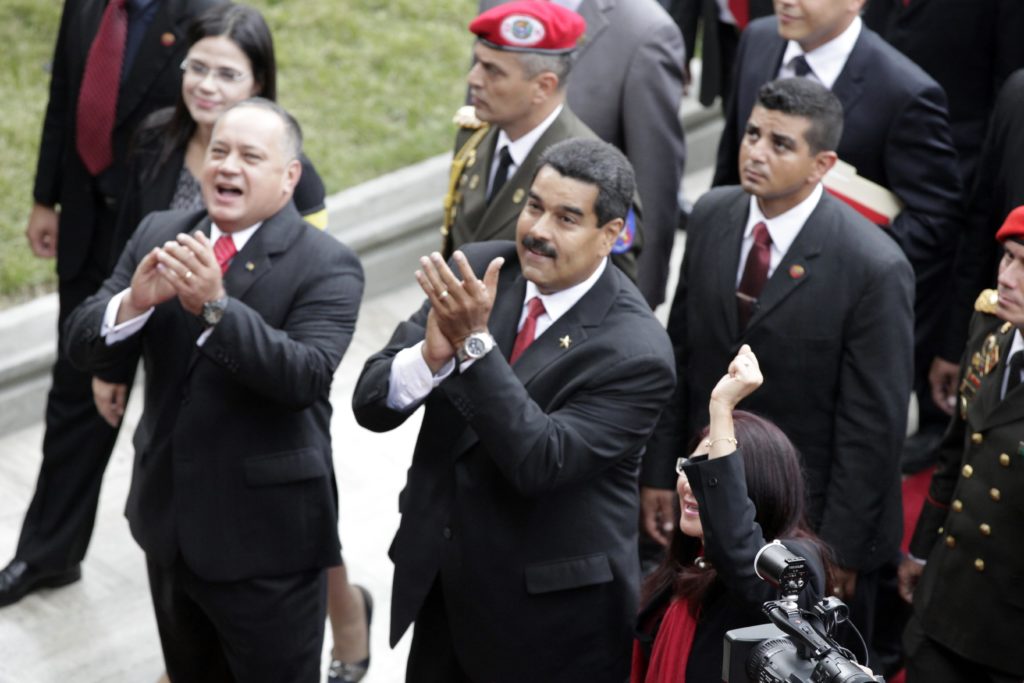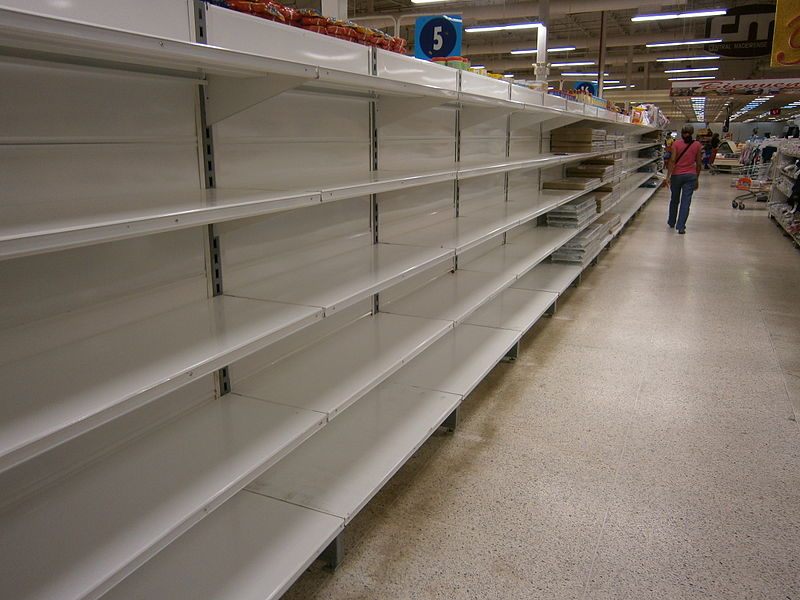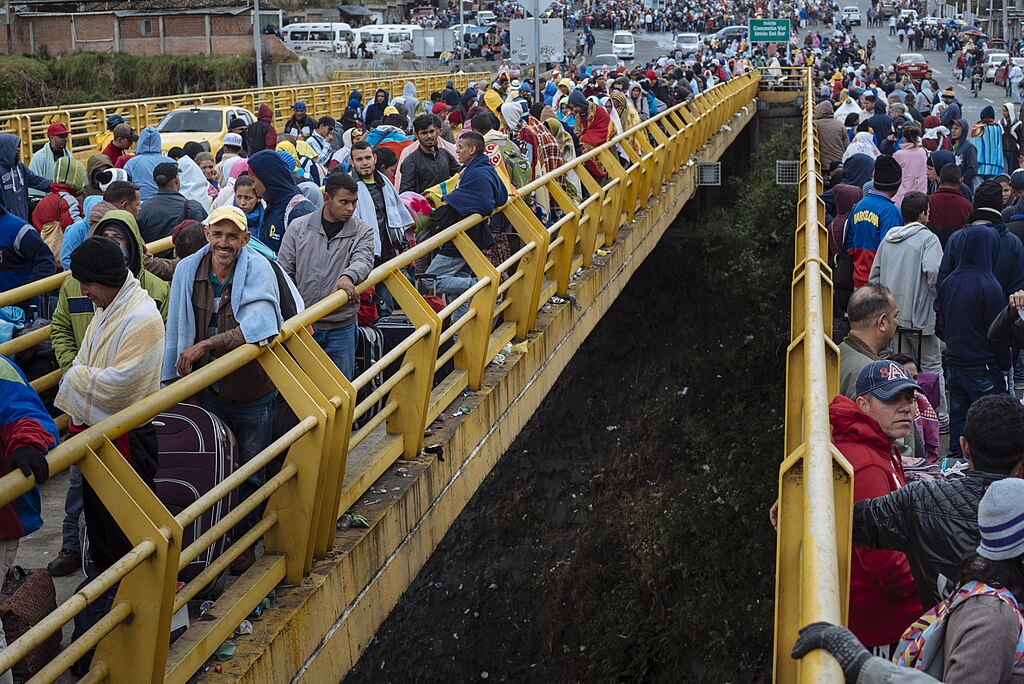
Venezuela is facing the challenge of lifting international sanctions after years of enduring embargoes and trade prohibitions that have resulted in economic isolation with severe consequences for the Venezuelan economy and society. Until a few weeks ago, 928 sanctions against the country had deeply harmed the economy, production, development, and the well-being of the people, who have been the main victims of these measures. The 154 Venezuelan entities sanctioned by the United States include public bodies and private companies.
Recently, Venezuela has experienced a slight relief due to the temporary lifting of some sanctions imposed in January 2019, following the fraudulent re-election of President Maduro a few months earlier, according to the U.S. and a portion of the international community. However, this relief is temporary, and the country faces the threat of a return to total restrictions if the government of Nicolás Maduro does not recognize María Corina Machado and her political options. She has been chosen by the country’s opposition as the presidential candidate for the elections scheduled for the second half of 2024.
Venezuelan Economic Situation
According to estimates from the International Monetary Fund (IMF), the Venezuelan economy is expected to grow by 5.0% this year. The Economic Commission for Latin America (ECLAC) made a similar estimate eight months ago. The Macroconsultores firm projects a 3.2% growth in national economic activity for 2023.
However, the severe crisis continues to plague the country, surviving in a great isolation that primarily affects the population, suffering from a lack of basic goods in both food and healthcare products. Although the inflation crisis has slightly eased, it remains extremely high since its escalation in 2012, reaching a record annual increase in 2018 with an IPC of 130,060%.
The temporary lifting of sanctions by the U.S. will bring positive effects, but experts agree that they will not be sufficient to truly revive the economy. The ability to trade oil and gas will undoubtedly facilitate commerce, yielding higher returns and benefits without resorting to the black market discounts. It is important to note that Venezuela is one of the world’s leading crude oil producers, and this product forms the basis of the national economy.

Humanitarian Crisis and Migration Effects
More than 9.3 million Venezuelans suffer from moderate to severe food insecurity, affecting one-third of the population. Venezuela is experiencing a complex humanitarian emergency, with millions of people lacking access to basic healthcare and proper nutrition.
This severe crisis has led to an unprecedented migration in a country that, decades ago, attracted people not only from Colombia but also from other parts of the world, drawn by the opportunities it offered. According to United Nations data, an estimated 7.7 million citizens have left Venezuela in search of a life with more options.
This massive exodus has caused a humanitarian crisis that affects not only these migrants but also the countries in the region, receiving millions of people in precarious conditions, most of whom attempt to reach the U.S. through migration routes mainly controlled by illegal groups profiting from human trafficking.

Sanctions as Collective Punishment
According to a study by the Center for Economic and Policy Research (CEPR), the Venezuelan case is a perfect example of a practice that sanctions a country as a form of collective punishment, disproportionately affecting the population as a whole rather than the political regime supposedly deserving of punishment.
For instance, the CEPR study asserts that the sanctions “reduced the caloric intake of the Venezuelan population, increased diseases and mortality (both for adults and minors), and displaced millions of Venezuelans who fled the country due to worsened economic depression and hyperinflation. The sanctions exacerbated Venezuela’s economic crisis and made it nearly impossible to stabilize the economy, contributing to an increased number of deaths.”
CEPR claims that all these impacts disproportionately harmed the poorest and most vulnerable Venezuelans. Similarly, the study argues that the 2019 sanctions had a much harsher impact on the civilian population than the earlier ones in 2017.
“We find that the sanctions have inflicted, and progressively inflict, very serious harm to human life and health, including over 40,000 deaths between 2017 and 2018; and that these sanctions would fit the definition of collective punishment of the civilian population, as described in the Geneva and Hague international conventions, of which the United States is a signatory,” states CEPR, adding that “these sanctions are also illegal under international law and treaties that the U.S. has signed, and it would seem that they also violate U.S. law.”
The Future of Venezuela
2024 will be a crucial year in determining the future of sanctions and, consequently, the Venezuelan economy. The country will undergo pivotal presidential elections, in which the opposition, for the first time in a long while, has a united candidacy in the person of María Corina Machado.
However, Machado is disqualified by the Venezuelan justice system and, as of today, cannot run in the elections. The challenge will be to see if international pressures on President Maduro can reverse this disqualification and if the elections are genuinely a democratic and transparent electoral process. The continuation or return of sanctions with their full intensity depends on this.
The truth is that the U.S. needs Venezuelan oil, but public statements from the Biden administration have asserted that they will not hesitate to return to the most acute phase of the embargo if the free participation of opponents in the elections is not guaranteed.
See all the latest news from Colombia and the world at ColombiaOne.com. Contact our newsroom to report an update or send your story, photos and videos. Follow Colombia One on Google News, Facebook, Instagram, and subscribe here to our newsletter.

